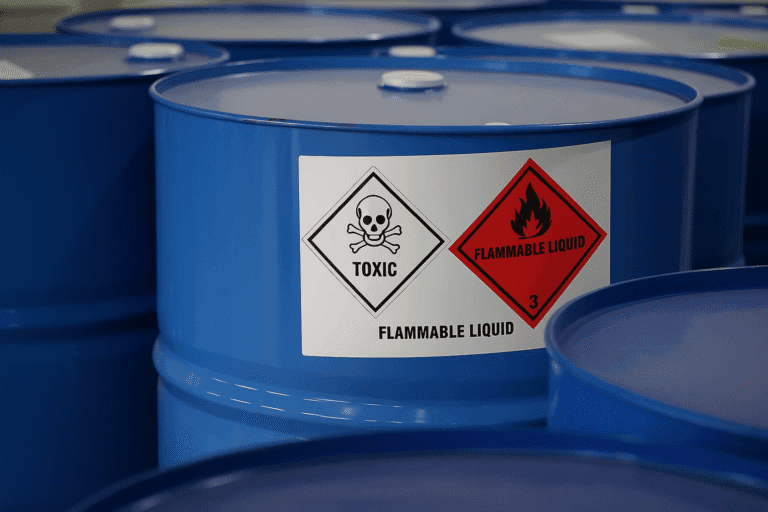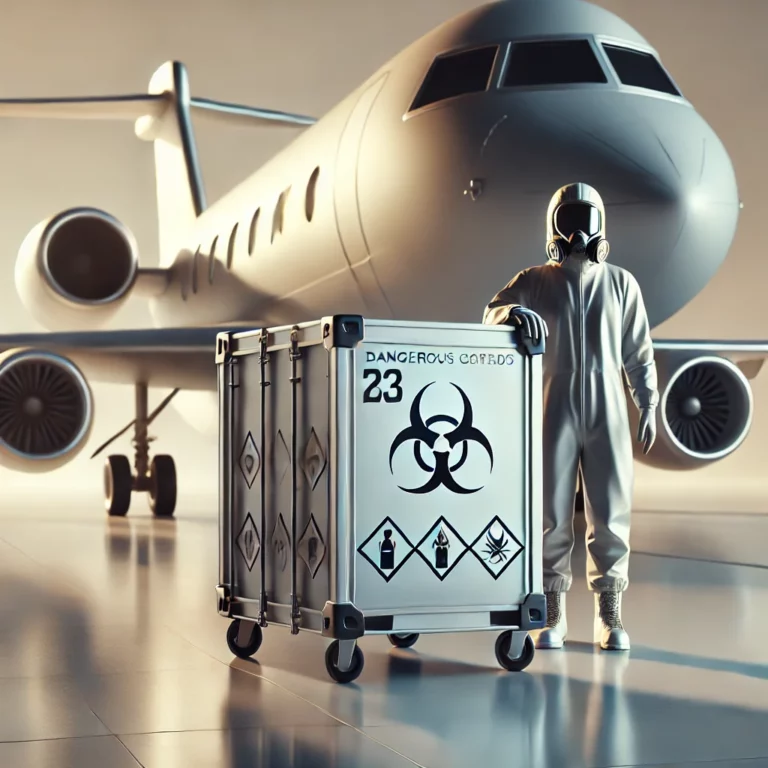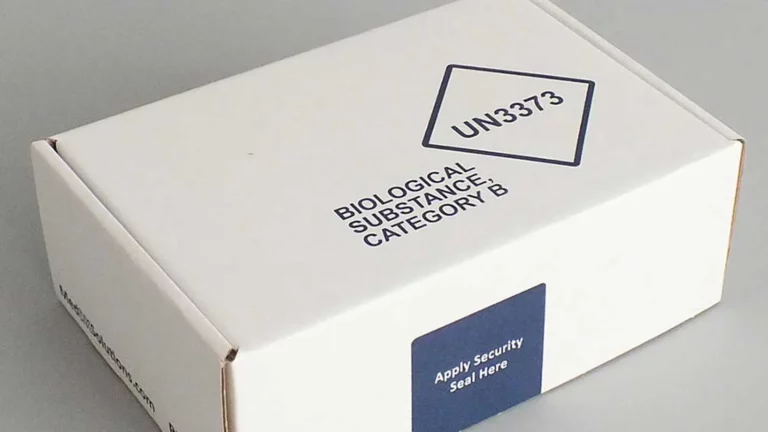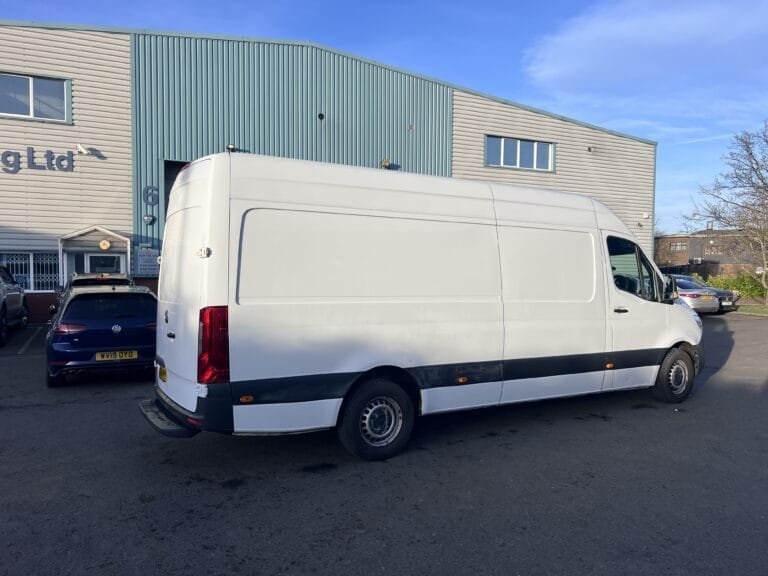Table of Contents
ToggleMedical courier services are essential to the healthcare industry. They handle time-sensitive deliveries that can have a significant impact on patient care. These specialised services ensure that critical medical items are transported quickly, safely, and in compliance with strict regulations. Here’s a closer look at how these services operate, their importance, and the impact they have on patient outcomes.
Key Takeaways about Medical Courier Services:
– They handle time-sensitive healthcare deliveries.
– Special training and equipment are required for the couriers.
– Strict regulations must be followed during transport.
– Technology is utilised to ensure on-time deliveries.
– They guarantee that medical items reach their destinations, which significantly impacts patient care.
– They transport lab samples, medications, and medical equipment.
– They also carry blood samples and organs for transplantation.
What Are Medical Courier Services?
Medical courier services play a crucial role in transporting essential healthcare items, including lab samples, medications, and medical equipment. They are responsible for ensuring that these items reach their destinations quickly and safely, maintaining the integrity of the contents. Specialising in the unique requirements of medical logistics, these services guarantee that critical supplies and samples are delivered in optimal condition.
Here are some key points to know about medical courier services:
Medical Courier Services: Key Points
- Handle time-sensitive healthcare deliveries
- Require special training and equipment
- Must follow strict regulations
- Utilises technology for on-time deliveries
- Has a significant impact on patient care
- Transport lab samples, medicines, and medical equipment
- Carry blood samples and organs for transplant
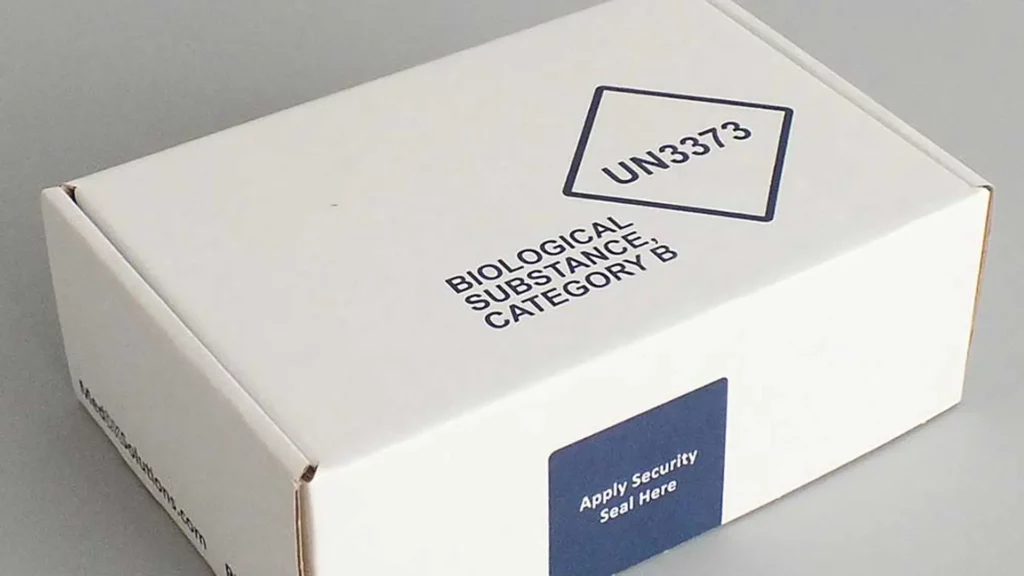
Medical couriers transport a variety of items, including blood samples, organs for transplant, and critical medical records. They also handle sensitive materials such as tissue samples, vaccines, and specialised medications that require precise temperature control. Discover more about our specialised medical courier services and how we can support your healthcare delivery needs.
Why Time Matters in Healthcare Deliveries
In healthcare, every minute counts. Quick deliveries can save lives. For instance, receiving lab results promptly helps doctors make informed decisions for their patients. Timely organ deliveries provide individuals on transplant waiting lists a better chance of survival. The prompt arrival of medical supplies can mean the difference between life and death in emergencies.
Fast medical deliveries also offer additional benefits:
– They can reduce the number of patients who need to return to the hospital.
– They help prevent medication errors.
– They ensure patients receive the care they need when it’s needed.
They minimise the waste of perishable medical supplies.
– They enhance overall efficiency in healthcare facilities.
Our same-day courier service is available for urgent medical deliveries when time is of the essence. For less urgent items, we also provide next-day courier options for medical shipments.
Special Needs of Medical Couriers
Medical couriers require specialised skills and equipment. They are not just regular delivery drivers. Here are the factors that distinguish them:
– Temperature control: Certain medical items must be kept at specific temperatures.
– Tracking: Couriers maintain detailed records of item locations.
– Special training: They are trained to handle hazardous materials safely and effectively.
– Regulatory compliance: They understand and comply with healthcare regulations.
– Discretion: They ensure patient confidentiality and manage sensitive information with care.

Our team is trained to handle all types of medical items safely and securely. This includes specialised packaging for biological samples, temperature-controlled containers for vaccines, and secure transport for confidential medical records. We have expertise in transporting sensitive medical goods and ensuring that those in critical need receive the support they require.
Tech Tools for Medical Couriers
Technology greatly enhances the effectiveness of medical couriers. Here are some of the tools they utilise:
– GPS Tracking: To continuously monitor the location of deliveries.
– Temperature Sensors: To ensure items are maintained at the correct temperature.
– Secure Record-Keeping: To protect patient information.
– Route Optimisation Software: To guarantee the fastest delivery times.
– Real-Time Communication Systems: For instant updates and problem-solving.
We use the latest technology to ensure that your medical deliveries are safe and arrive on time. Our advanced tracking systems allow clients to monitor their shipments in real-time, providing peace of mind for critical deliveries. For regular shipments, you can explore our scheduled delivery options.
Following the Rules
Medical couriers must adhere to strict regulations that help keep people safe and protect private information. Some important rules include:
– HIPAA: Laws that protect patient privacy.
– IATA: Regulations for the Transportation of Dangerous Goods.
– GDP: Guidelines for the Proper Distribution of Medical Items.
– Local health authority regulations: Specific rules that vary by region.
– Chain of custody protocols: Procedures that ensure the integrity of samples and evidence.
We take these regulations seriously to ensure the safety and privacy of all medical shipments. Our couriers undergo regular training to stay up-to-date with the latest rules and best practices in medical logistics. For time-sensitive pickups, consider our wait-and-return service for urgent medical deliveries.
Best Practices for Handling Medical Deliveries
Medical couriers follow best practices to ensure deliveries go smoothly:
– They carefully plan routes to avoid delays.
They use specialised containers to keep items safe and secure.
– They handle sensitive items with extra care.
– They maintain clear communication with senders and recipients.
They have contingency plans in place for unexpected situations.
Our team is trained in the best practices for medical deliveries. We understand the unique challenges involved in transporting various types of medical items and have established protocols to ensure their safe and timely delivery. If you’re in the capital, consider our specialised medical courier services in London.
Wrapping Up: The Importance of Medical Couriers
Medical courier services play a crucial role in ensuring that essential items reach their destinations within the healthcare system. They ensure that vital supplies arrive quickly and safely, enabling doctors and nurses to provide specialised care effectively. By ensuring the timely delivery of critical medical supplies, samples, and documents, medical couriers significantly contribute to the overall efficiency and effectiveness of healthcare systems.
From lab samples to life-saving medications, medical couriers manage it all. They employ specialised skills, careful planning, and the latest technology to perform their duties effectively. Their role in maintaining the integrity of the medical supply chain cannot be overstated, especially during health crises or emergencies. Please don’t hesitate to contact us for more information on how our services can assist you.
If you need reliable medical courier services, we’re here to help you. Our team of experienced professionals is prepared to handle your most sensitive and time-critical medical deliveries with the utmost care and efficiency. Please feel free to contact us to learn more about our comprehensive medical courier services and how we can meet your healthcare delivery needs. We utilise specialised skills, meticulous planning, and the latest technology to ensure effective and reliable service.



